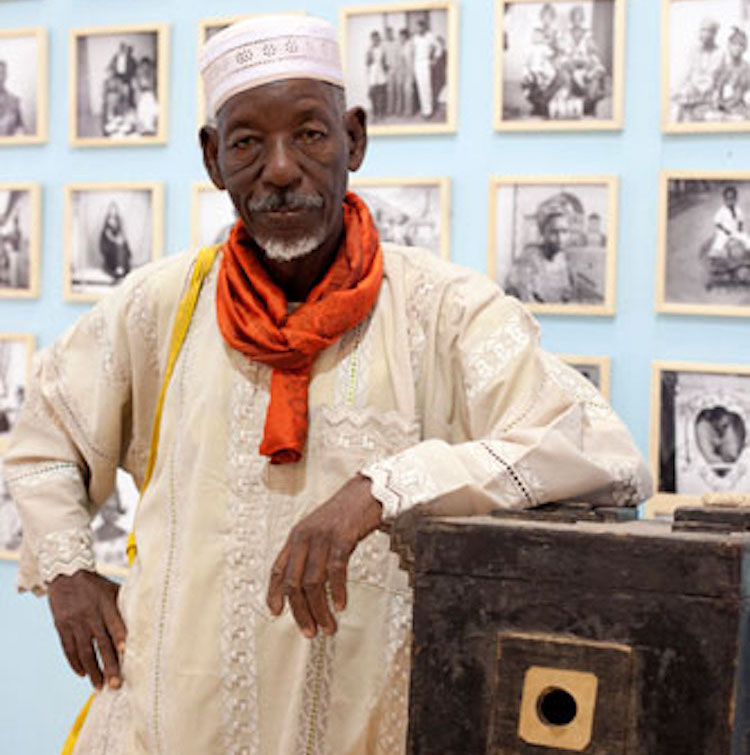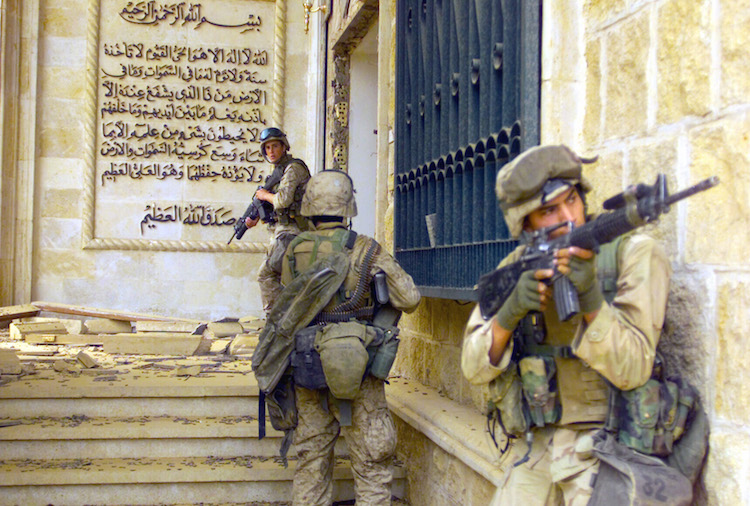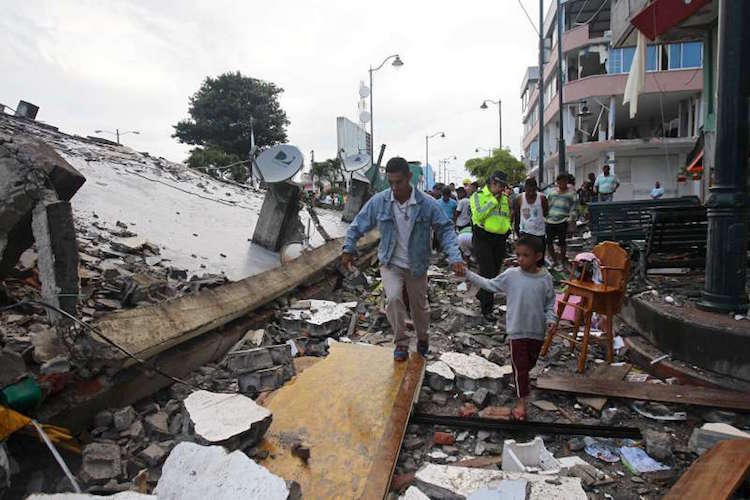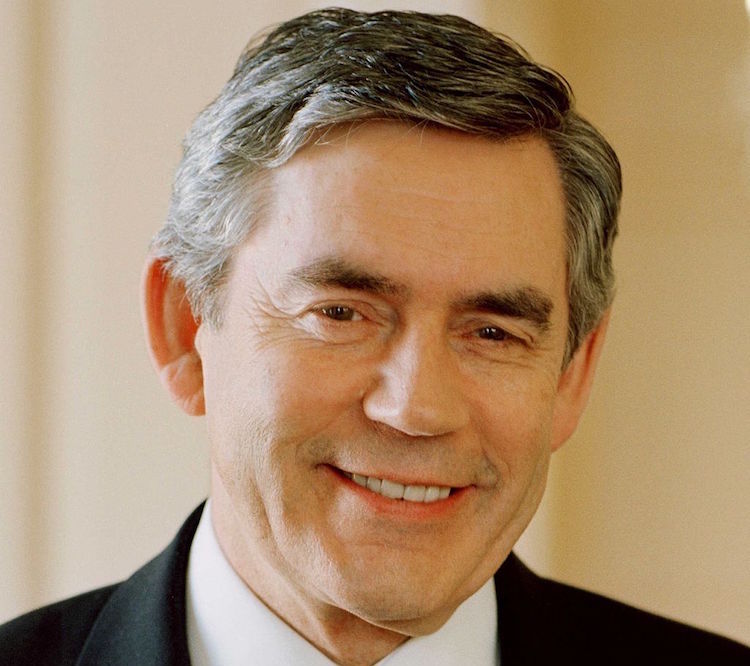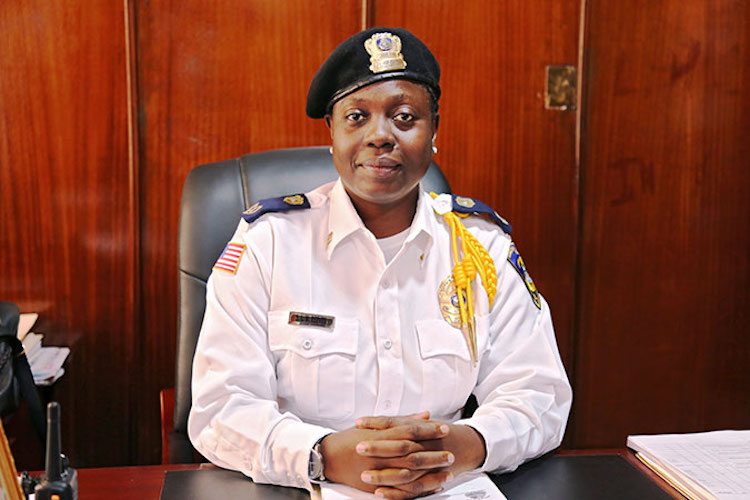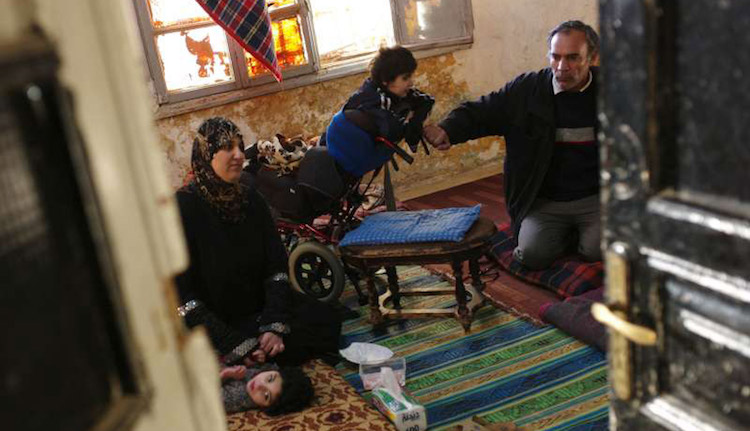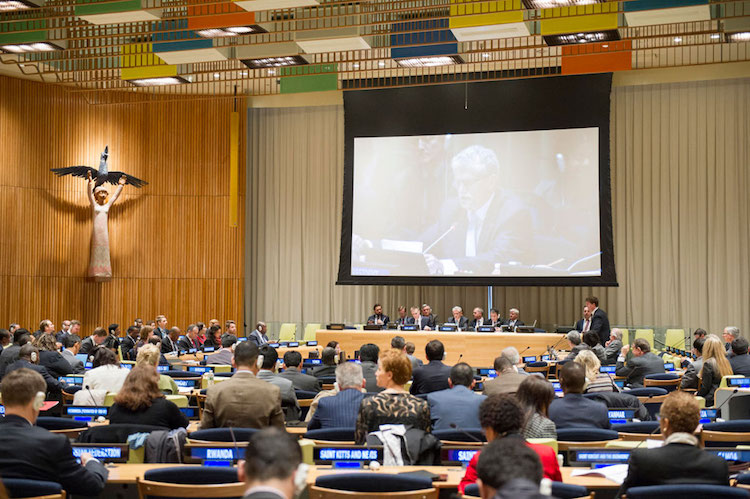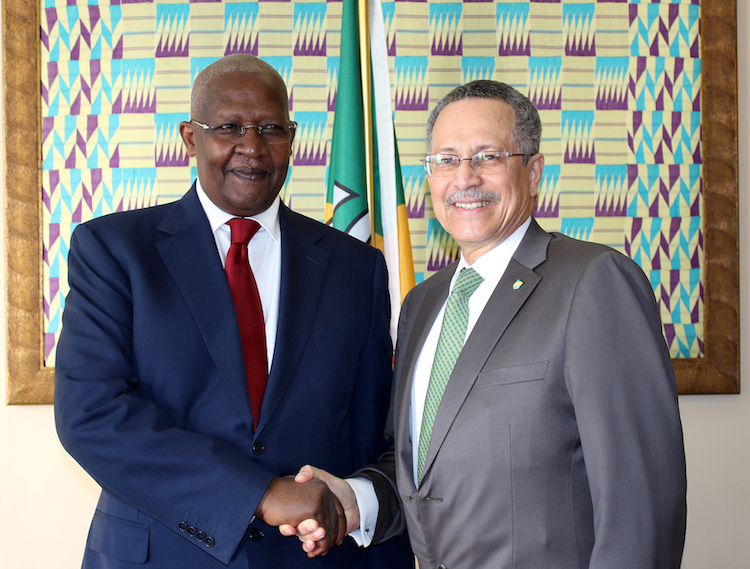NEW YORK (IDN | GIN) – The vast archives of two remarkable photographers from West Africa who passed this year will ensure that authentic images of African life will be their legacy to future generations. The images radically depart from the clichés of colonialism.
Malick Sidibé, whose pictures of Mali’s youth conveyed the high-spirited feeling of a country that has just gained its independence, passed away at 80 years of age. His black-and-white pictures influenced many of his contemporaries in Africa and beyond. Sidibé died of complications of diabetes, according to Associated Press reports.
Mali’s culture minister N’Diaye Ramatoulaye Diallo, expressed the nation’s grief. “It’s a great loss for Mali. He was part of our cultural heritage,” he told The Guardian. “The whole of Mali is in mourning.”

